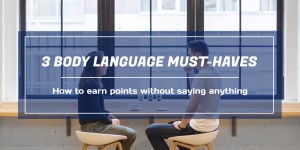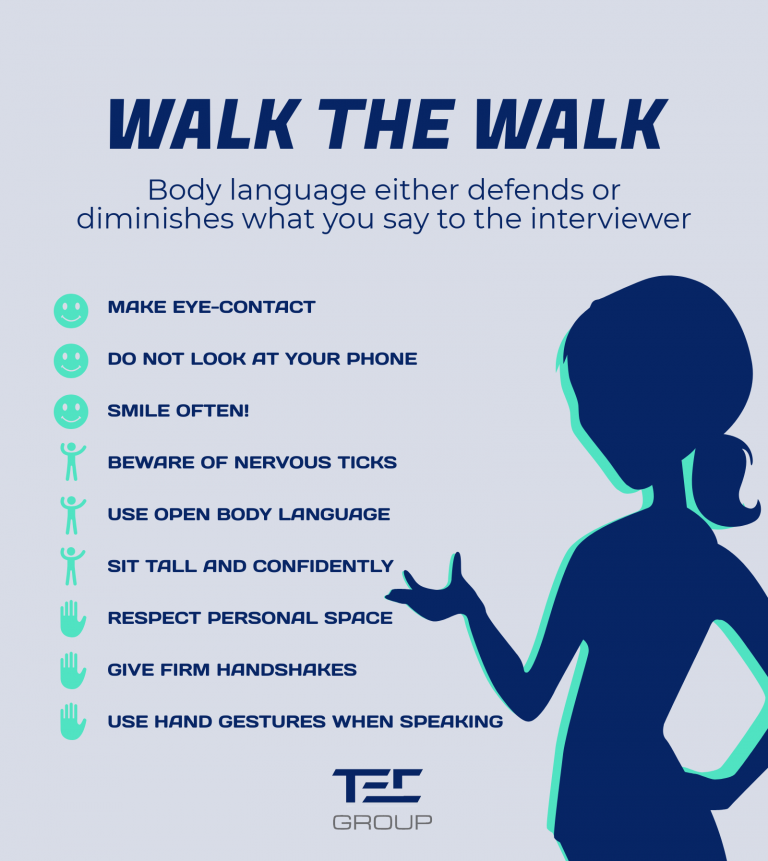3 Interview Body Language Must-Haves
- morgtre
- Mar 11, 2020
- 2 min read

Body Language
Imagine that you need to have your gallbladder removed. The surgery isn’t too risky, but you probably still want to be able to trust the person who’s going to open up your body and remove an organ.
Before the surgery, your doctor walks in to give you some information. While they speak, they only look at the floor and mumble any responses to your questions. So, are you ready to have this doctor grab the scalpel? If you’re sane, you’re probably thinking, “Nope! Pass.”
Even if your doctor has won awards for removing gallbladders, his or her body language heavily affects your perception of their abilities. Maybe the reason for your doctor’s behavior is that his or her dog ran away, but you view their behavior as a lack of confidence in the success of your surgery.
Similarly, interviewers will subconsciously decide if you’re competent just by the way you carry yourself. Practice the respectful, friendly, and confident habits as described below to foster relationship-building emotions.
1. Respectful
Respectful behavior comes down to common courtesy. Some people are more comfortable with physical contact than others. Play it safe by limiting physical contact to just handshakes. Additionally, respect personal space by standing three to four feet away from others while conversing.
Eye contact is another way to honor the interviewer. While constant eye contact is uncomfortable, looking down or away often during a conversation shows disinterest. Above all, never even think about touching your phone while at your interview. Your interview should be your top priority for that short period of time. If you seem distracted, your interviewer might think you don’t care about getting an offer.
2. Friendly
Why so serious? Maybe talking about your engineering technical skills isn’t the most exciting thing, but would it kill ya to crack a smile? You got an interview because of your qualifications, but you’ll get hired because of who you are. So get animated! Use hand gestures when you talk and show passion.
Even the way you sit can be inviting. Avoid folding your arms or facing away from the interviewer. This is called “open body language” and it can promote trust and openness in a relationship.
3. Confident
Let’s go back to the doctor example. A potential employer is going to have a hard time believing in you if you don’t believe in yourself. It would’ve been annoying if the doctor came in with a trophy and said, “I’m better than any doctor, ever!” But even worse than overconfidence is no confidence at all. It’s like telling the interviewer, “Don’t bother considering me.”
Nervousness is not the same as lacking confidence. If you have the jitters, you can still give a firm handshake, stand tall, and sit straight. Nervous ticks are trickier to recognize and combat. Try to remember not to fiddle, which could be playing with your hair, bouncing your leg, or saying “um” too much.
The bad news is that body language is natural so it’s hard to change. The good news is that after enough practice, good body language habits will be your natural default. And when you nail it, you’ll win the hearts of interviewers everywhere.
Up next: Double check your resume




Comments